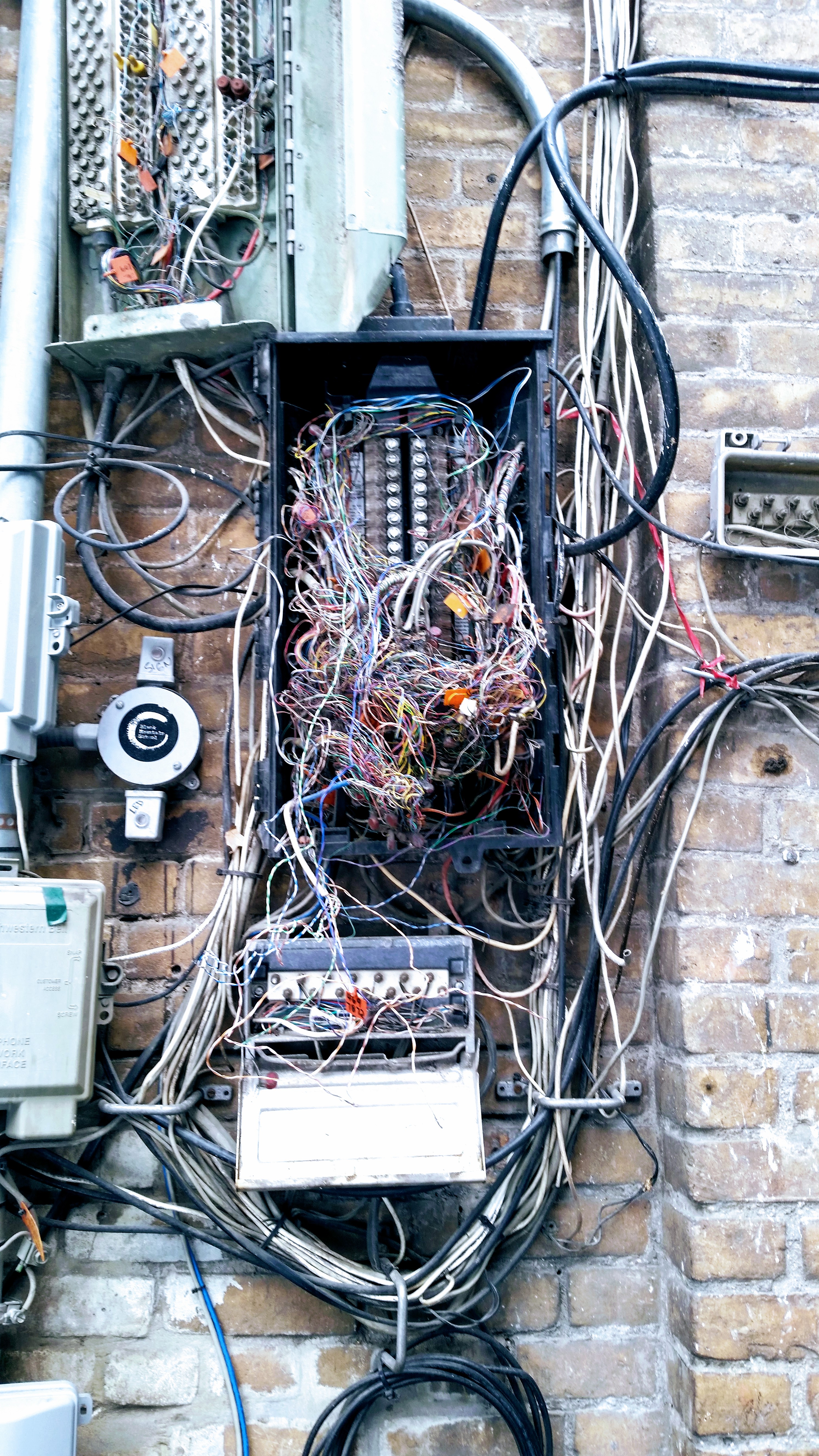I'm not sure. Like most things there are positives and negatives.
I will say this, many think in terms of either/or on this topic. There are examples all around the globe of nations with high rates of car ownership, and modern expressway systems while still having transit systems that absolutely shame all but just a handful of our biggest and most urban cities here in the U.S.
Canada and Australia are two in the Anglosphere which come to mind as quite relevant. Look at Melbourne as an example. This isn't a massive city, nor is it an ancient city founded 1,000 plus years ago. It's really quite comparable to a Houston or Dallas in size and age.
According to the 2016 Australian census, Melbourne has the second-highest rate of public transport usage among Australian capital cities for travel to work at 19 percent, second to Sydney's 27 percent.[1] In 2017-2018, 565 million passenger trips were made on Melbourne's metropolitan public transport network.[3]
Melbourne's public transport system includes rail, tram and bus services. Its tram network is the largest in the world.[26] Almost 300 bus routes and 16 rail lines serve Greater Melbourne.
https://en.wikipedia.org/wiki/Transport_in_Melbourne
Australia also has one of the highest rates of auto ownership in the world at 730 motor vehicles per 1,000 people. The United States by comparison has 838 per 1,000 people.
https://en.wikipedia.org/wiki/List_of_countries_by_vehicles_per_capita
Canada is another nation with high auto ownership at 685 per 1,000 people, yet it's transit systems and usage far surpass systems in the U.S. And it's not just Toronto, Montreal, or Vancouver. Calgary, Edmonton, and Ottawa are all relatively small cities, are not very old or dense cities, and still have quite extensive and well used transit systems.
There are other examples globally such as Japan and Germany which are known for their cars, have quite high auto ownership rates while still having impressive, well used transit systems.




